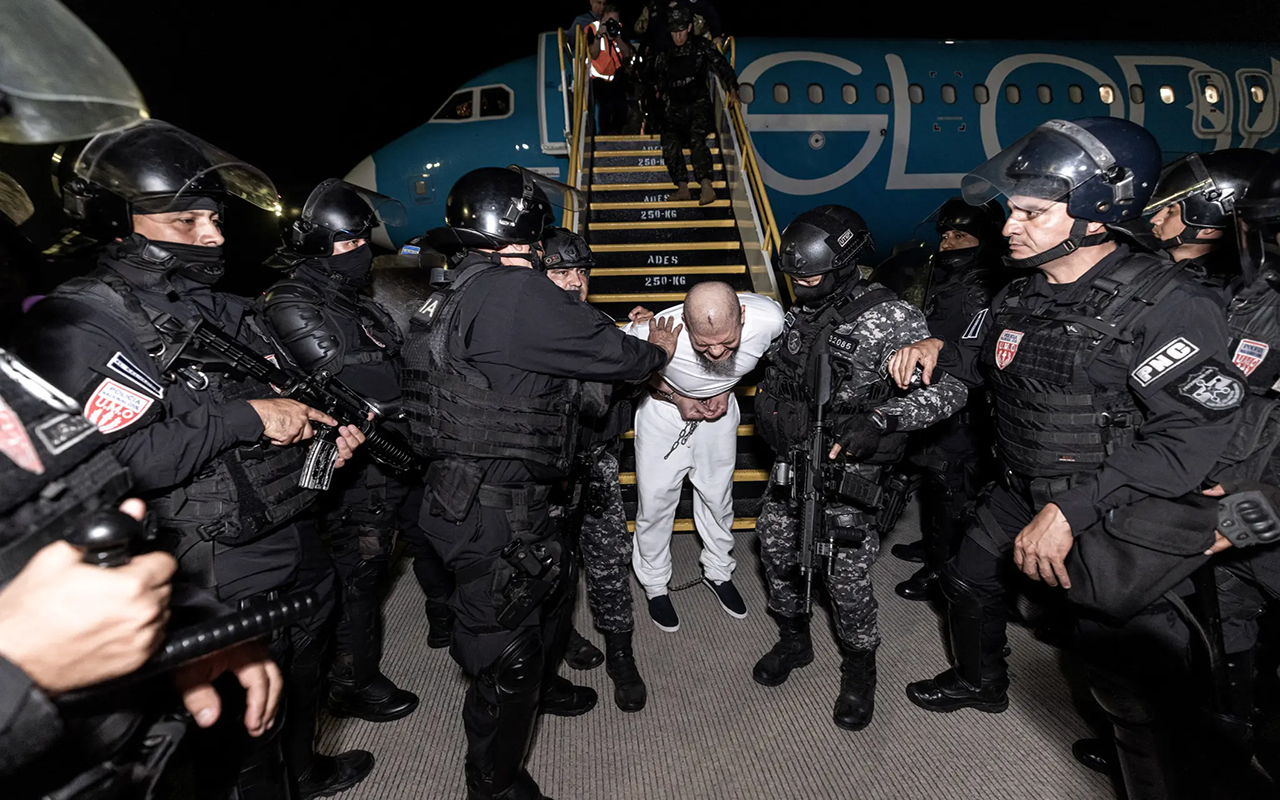
Democracy or pantomime?
With the announcement of the victory of Vladimir Putin in the presidential elections in Russia, many wonder if President Trump will also endorse the…
The conflicting relationship between the US president and his Russian counterpart, Vladimir Putin, is once again the center of the headlines after this week's presidential elections in Russia.
As the Washington Post reported, Donald Trump would have telephoned the Russian president to congratulate him on "his electoral victory," adding that he hoped they could meet in the not-too-distant future.
For international politics, Putin's government is perceived as an authoritarian government that leaves little room for competition, and where autocratic control has become increasingly evident.
Correspondingly, for critics of President Trump, the phone call would have been a surprise, especially after the tycoon had overlooked the recent events of alleged spying poisoning by Russia in the United Kingdom.
"An American president does not lead the Free World by congratulating dictators on winning sham elections," Arizona Senator John McCain wrote on Twitter. "And in doing so with Vladimir Putin, President Trump insulted every Russian citizen who was denied the right to vote in a free and fair election."
For his part, the majority leader in the Senate, Mitch McConnel (R-Ky) said that, although "the president can call whomever he chooses" when it comes to the elections in Russia, "I see a lack of credibility in tallying the results. I’m always reminded of the election they used to have in almost every communist country where whoever the dictator was at the moment always got huge percentage of the vote."
And in Latin America, there are still two countries with very similar models of government.
On April 19, Cuba will live its first elections after the death of Fidel Castro, and the first time someone outside his family will take command of the country since the triumph of the Revolution in 1959. Raúl Castro (86) has announced that he will cede the command of the government and the Armed Forces.
As reported by the BBC, the parliamentary elections held last Sunday have been just the prelude to an "announced succession", and more than 8 million Cubans have been called to an election where the Communist Party (PCC) is the only authorized to participate.
While the democratic exercise of the vote is a novelty on the island, the population already knows Castro's favorite to succeed him and, although votes are counted, it is likely that the first vice president, Miguel Díaz-Canel, will be the country’s new president.
"The successor of the president, according to this system, is the first vice president of the State and Ministers Council. What was Raul Castro with Fidel and what has been Díaz-Canel in recent years," explained Cuban analyst Rafael Rojas, in an article quoted by the BBC.
RELATED CONTENT
Likewise, the director of the official Cuban magazine Temas, Rafael Hernández, explained to the newspaper that, "only the press outside of Cuba has the idea that the successor could be someone other than Díaz-Canel."
Similarly, and in the midst of a deep humanitarian crisis, Venezuela is preparing to hold presidential elections tainted by accusations of corruption and a mass exodus of citizens trying to flee from shortages and violence.
After having disqualified the democratically elected National Assembly, the government of Nicolás Maduro has called for early elections on May 20, 2018, a maneuver that has been criticized with concern by organizations such as the Venezuelan Criminal Forum, Súmate, Voto Joven, the Venezuelan Electoral Observatory and the Electoral Citizen Network due to the irregularities of the pro-government Assembly, the disqualification and persecution of opposition leaders and the reduction of the time established for this type of lapses in the constitution.
A month ago, the Venezuelan opposition coalition, La Mesa de la Unidad Democrática (MUD), announced that it would not participate in the elections "because it considers that they don’t meet democratic conditions or guarantees," the Spanish newspaper El País explained.
"We challenge the Maduro government to compete against the people in real elections. To make these possible, we invite you to leave the fear and accept the electoral conditions contained in the document made and approved unanimously by the foreign ministers of Bolivia, Nicaragua, San Vicente, Mexico and Chile, at the end of the negotiations on December 2 in the Dominican Republic," the MUD demanded in a statement.
The conditions that were raised in that day were to hold elections in the second quarter of this year, the formation of a balanced National Electoral Council, the participation of independent international observers and the vote of Venezuelans abroad, something that Maduro’s government has not guaranteed, and has been strongly criticized by the major member countries of the so-called Group of Lima, who consider that "the holding of elections before May prevents them from being transparent and credible, and lack legitimacy and credibility," according to El País.
If the political structures of these three countries coincide, the results of the elections in Venezuela will probably give Nicolás Maduro again the victory.
Should President Trump then also celebrate these new presidents?










LEAVE A COMMENT: